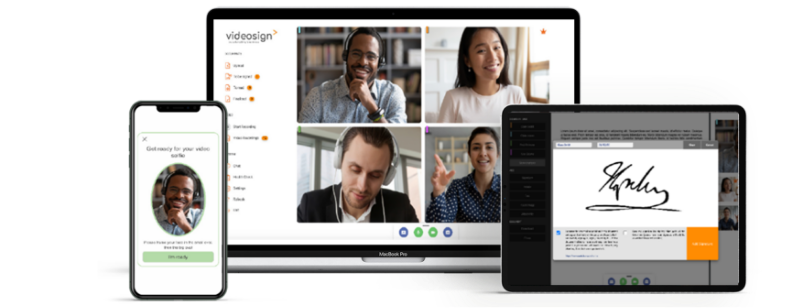Deepfake scams are back in the news after it emerged that a woman in France was duped out of €830,000 by criminals posing as Brad Pitt.
It’s a story that should be a cautionary tale to anyone carrying out financial transactions via phone or video.
In this case the victim was groomed by the scammers for a year and a half as they sent multiple deepfake images and videos to convince her that she was in a relationship with the Hollywood star.
The scheme culminated in the victim handing over hundreds of thousands of Euros for medical bills after AI-generated images were used to trick her into believing that Pitt needed help to pay for kidney cancer treatment.
While it’s an extreme case of deepfake fraud, anyone doing transactions online should be aware that more subtle scams like this are becoming widespread.
There were a number of high-profile frauds in 2024, including use of deepfake voice and video and a fake Whatsapp account to impersonate Mark Read, the CEO of WPP (the world’ largest advertising and public relations agency), and a scam in Hong Kong where a finance worker was tricked into transferring $25m to criminals who used deepfake technology to pose as the company’s chief financial officer and various other colleagues during a video call.
But the worrying truth is that the technology to make deepfake content is now so easily accessible that no one is completely safe.
Unless you’re in the room with the person you’re talking to, you need to take steps to confirm their identity before sharing sensitive information or transferring money.
We predicted the rise of this kind of crime several years ago, and created Videosign to protect businesses and consumers from the impact of fraud.
Our online meeting platform is packed with security measures to protect you from AI scams.
Certified ‘liveness detection’ technology built into our software has the ability to spot deepfakes and confirm that you’re dealing with a real person by analysing images and confirming that they’re three-dimensional.
We also offer a choice of ways to confirm the identity of users before transactions are carried out – with the option to use biometric data from passports or driving licences, or using banking credentials to confirm identities through our partnership with OneIDⓇ.
We live in a time where we can no longer completely trust what we see and hear. Contact us to find out how Videosign can improve your security and help you to do business with peace of mind.

